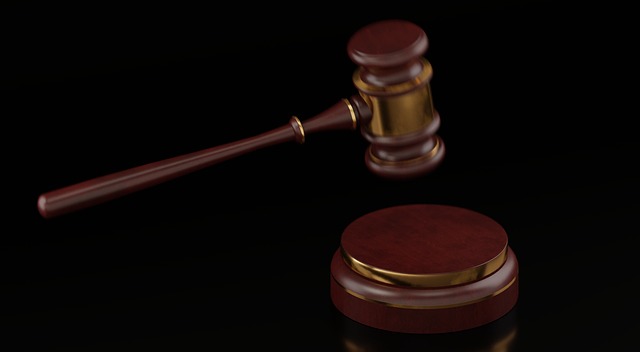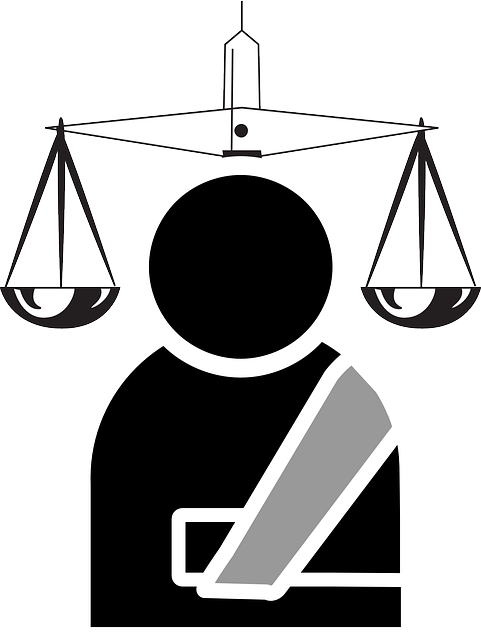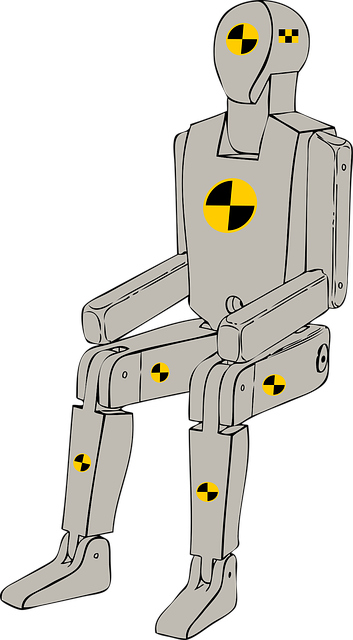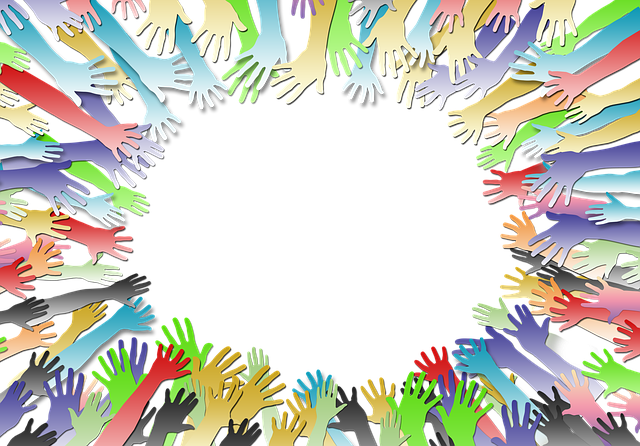Post-Traumatic Stress Disorder (PTSD) in children and teens, stemming from traumatic events, impacts social and relationship development. Navigating legal processes for PTSD injury claims requires expertise, evidence gathering, and understanding legal concepts like breach of fiduciary duty. Supporting survivors involves complex paths through elder law and caregiver negligence, aiming for compensation and justice for medical, therapeutic expenses and psychological harm.
“Post-Traumatic Stress Disorder (PTSD) in children and teenagers is a growing concern, often resulting from various traumatic events. This article explores the complex issue of PTSD injury claims for young victims, providing insights into their unique challenges. We’ll guide you through understanding the condition’s impact on development, navigating the legal process for claims, and emphasizing the importance of specialized support for these survivors. By shedding light on these aspects, we aim to enhance awareness and advocate for effective legal protections.”
- Understanding PTSD in Young Victims
- Navigating Legal Process for Claims
- Supporting Children and Teen Survivors Legally
Understanding PTSD in Young Victims

Post-Traumatic Stress Disorder (PTSD) is a serious mental health condition that can affect individuals of all ages, including children and teenagers. When young victims experience traumatic events, such as abuse or severe accidents, it can have profound and lasting effects on their emotional and psychological well-being. Understanding PTSD in this demographic is crucial when considering a PTSD injury claim.
Many children and teens may exhibit different symptoms compared to adults with PTSD, such as irritability, nightmares, and avoidance behaviors tailored to their age group. Elder abuse, for instance, can lead to severe PTSD in younger survivors, impacting their ability to form healthy relationships and navigate social environments. In real estate litigation involving families affected by these traumatic events, the severity of serious injuries, both physical and psychological, often translates into compelling arguments for compensation through a PTSD injury claim.
Navigating Legal Process for Claims

Navigating the legal process for PTSD injury claims can be complex, especially when involving children and teens. The first step is to consult a qualified car accident lawyer who specializes in personal injury claims. They will help assess the case, understand the scope of damages, and guide you through the necessary steps. It’s crucial to gather all relevant evidence, including medical records, police reports, witness statements, and any other documentation that supports the claim.
In terms of filing a lawsuit, the process begins with submitting a claim to the appropriate insurance company. If negotiations fail or the offer is inadequate, a formal lawsuit may be filed. It’s important to remember that time limits exist for filing personal injury claims, so acting promptly is essential. Furthermore, understanding the legal concepts like breach of fiduciary duty can be beneficial in building a strong case and ensuring the victim receives fair compensation for their PTSD injury.
Supporting Children and Teen Survivors Legally

Supporting Children and Teen Survivors Legally is a critical aspect of ensuring they receive the care and justice they deserve after experiencing Post-Traumatic Stress Disorder (PTSD) due to an injury. In cases where children or teenagers have suffered PTSD as a result of an accident or incident, navigating the legal system can be complex. It’s essential for caregivers and legal representatives to understand their rights and options regarding a PTSD injury claim.
Elder law and caregiver negligence play significant roles in these scenarios. Caregivers may need to prove that the initial incident leading to PTSD was due to someone else’s negligence, such as in cases of accidents caused by unsafe conditions or reckless behavior. Accident compensation can be sought to cover not only medical expenses but also therapeutic interventions required for managing PTSD symptoms. This process requires meticulous documentation and a deep understanding of both legal and psychological aspects to ensure the best outcome for the survivor.
Children and teens who suffer from PTSD as a result of traumatic events deserve legal support and a fair compensation. Navigating the complexities of a PTSD injury claim can be challenging, but with the right guidance, survivors and their families can access the resources they need to heal and rebuild their lives. By understanding PTSD in young victims and employing strategic legal approaches, we can ensure that these individuals receive the recognition and support they rightfully deserve.






